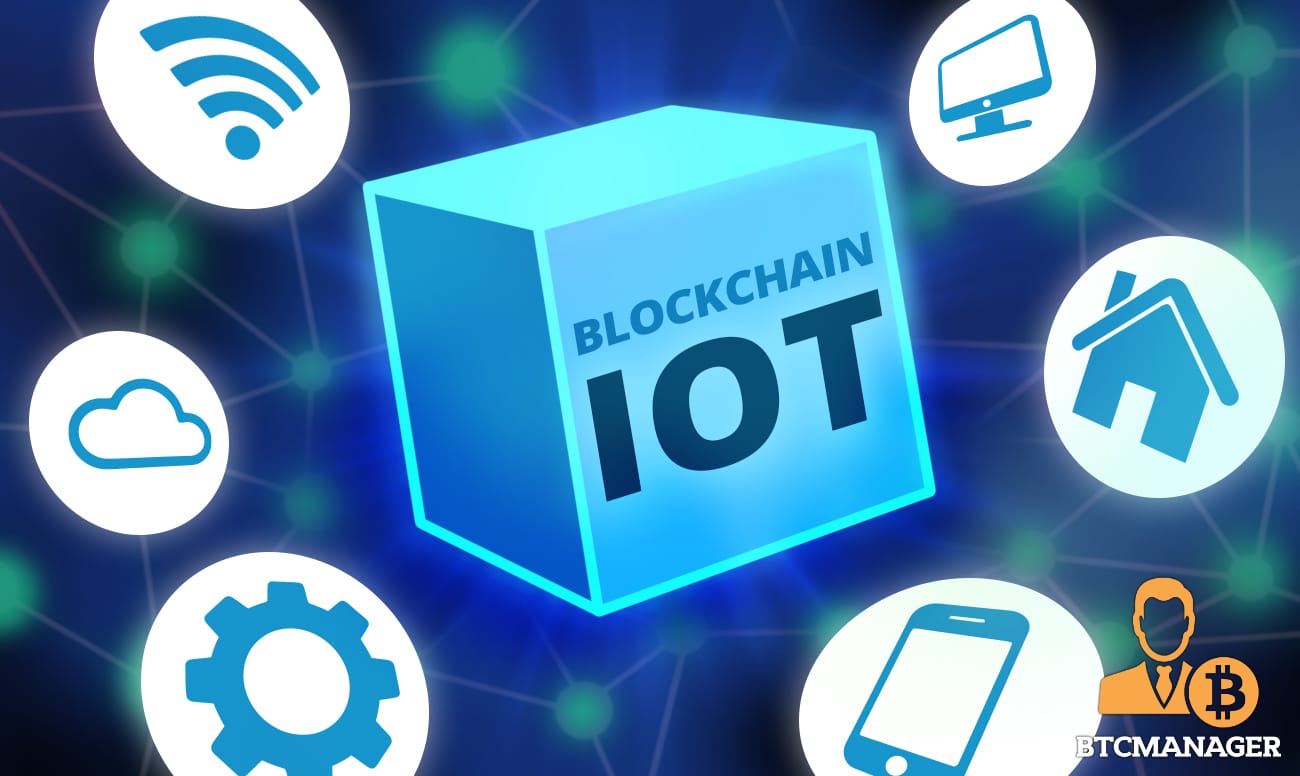How Blockchain Is Disrupting The Future of IoT, From Remote Locations to The Logistics Industry

The 21st century has defined itself as the era of innovation, with the world moving to adopt modern-day technologies, including the Internet of Things (IoT) and blockchain. These two are among the big four technologies of the century together with Artificial Intelligence (AI) and Big data.
While all these emerging technologies are changing the globe, a particular interest has developed in IoT and blockchain. Innovators from both niches are merging to advance the potential of digital ecosystems. Blockchain is explicitly being integrated with existing IoT infrastructures to make them more scalable and secure.
At the core, blockchain is designed to function as a peer-to-peer network which means that users can interact without going through a third party. But how does this benefit IoT? Blockchain’s p2p architecture introduces decentralization to IoT networks, enabling them to scale past the limiting centralized repositories.
That said, let’s take a look at the developments in IoT and blockchain. The next section of the article will feature some areas where blockchain plays a fundamental role in making IoT ecosystems more scalable and secure.
Developments in Blockchain and IoT
Thanks to the concept of smart homes and cities, IoT innovations have become more popular. Today, most of the devices in production feature smart technology through IoT sensors that transmit data. Essentially, home appliances like fridges, thermostats, bulbs and TVs can now communicate through IoT networks.
Blockchain has further improved the existing IoT innovations, with companies like IoTeX deploying both IoT and blockchain to power its next-generation home security camera. The San Francisco based firm won the 2020 Consumer Electronics Show (CES), where its security camera was recognized as a fully private and blockchain-powered innovation.
Cloud service providers such as Cisco Meraki are also using IoT and blockchain infrastructures to enhance the value proposition of their products. This cloud-managed IT company has partnered with Nodle; an IoT focused service provider that leverages blockchain and crypto to reduce the cost of running IoT networks while boosting security.
Nodle, which seeks to build the next frontier of the IoT world, uses open-source protocols like Bluetooth Low Energy (BLE) to enable a decentralized and wireless IoT network. Anyone with a smartphone device can become a node in the Nodle network by running the Nodle Cash app with bluetooth on. In return, the network contributors are rewarded with NODL tokens.
According to Nodle’s CTO, Garett Kinsman, decentralization lowers the cost of doing business across multiple industries, including IoT,
“Decentralized systems and their inherent trustless nature naturally lower the costs of doing business in any marketplace. In the space of IoT connectivity, we believe decentralized networks can also work to create circular, inclusive economies powered by anyone.”
Blockchain, IoT, and Logistics
Another area where blockchain and IoT are making a significant impact is the logistics industry, one of the largest sectors in the global economy. Stakeholders in the food logistics industry are adopting smart IoT sensors that can transmit specific data, including the temperature at which the products are stored while in transit. In doing so, the two technologies are helping to reduce the waste of food products along the supply chain.
Some of the AgTech players that are leveraging IoT infrastructures to track food supply chains include Zest Labs. While the firm is yet to integrate blockchain solutions, its existing IoT services help clients in the logistics industry to track their fresh produce. The company’s CEO Peter Mehring believes that IoT sensors can do more than just tracking the location of distributed food supplies,
“Often, companies will attach sensors for tracking and monitoring to pallets, but not to the products themselves … What we really want to know is what the temperature and humidity conditions are with respect to the products, not to the ambient conditions of the environment a pallet is in.”
While the value proposition of IoT in logistics is evident, an integration with blockchain is the catalyst to harness the full potential of both technologies. Blockchain’s tamper-proof nature can enable IoT networks in the logistics niche to secure the data more effectively. Contrary to centralized IoT infrastructures, a combination with decentralized blockchain networks also allows more flexibility for participation and scaling of the data networks.
Wrap Up
The future of the 21st century is bright and already getting in shape. Technologies like Blockchain and IoT are contributing significantly towards the ongoing paradigm shift. While both might still be in the early stages of adoption, signs on the wall show that most people will eventually interact with one of the two or both.
That being the case, it is not surprising that early innovators are trying to find ways to make blockchain and IoT work in tandem. As highlighted previously, the two technologies will make a huge difference in finding common ground. However, every stakeholder involved has to pull the weight to make this integration a reality.













